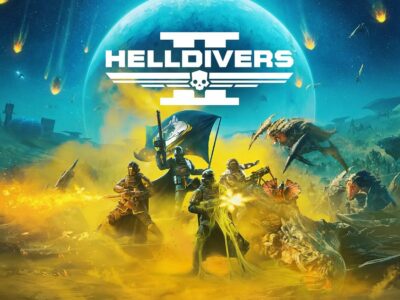
[ad_1]

The Federalist spoke about Hollywood’s PC influence on the making of live action Captain America movies, which isn’t good. Though one has to wonder if the following still holds true:
Captain America is today one of the most popular superheroes. More importantly, he has been the embodiment of U.S. values and a symbol of American exceptionalism.
Certainly, Cap was an excellent creation from the Golden Age, and does symbolize a lot of these beliefs. But is he actually popular with modern far-liberals in this sense? Unfortunately, the answer is “no”, and based on the heavy-handed politics that were repeatedly forced into his solo stories within nearly 2 decades, it’s hard to say he’s popular when a lot of people who admire said values are discouraged from reading his books based on that repellent leftist approach. Like many other pamphlet comics on the market today, Cap’s series don’t sell any better than they do, and that says all you need to know about popularity.
Marvel Studios wisely decided to put him in the center of its cinematic universe. In 2011, the movie “Captain America: The First Avenger” was released, and it became a starting point for the whole Avengers saga.
Yet because the ideological climate has changed, many of the political views Steve Rogers expressed in his first big picture seem from today’s perspective almost hard-line conservative. For example, when Cap defeated Red Skull at the end of the movie, the supervillain looked at him and shouted: “You could have the power of the gods! Yet you wear a flag on your chest and think you fight a battle of nations. I have seen the future, Captain. There are no flags!”
Rogers replies “Not my future!” and flings his shield at Red Skull. Translated into political terms, the villain imagines, in the words of John Lennon, “there’s no countries,” a world without borders or national flags. On the contrary, Cap fights for the American flag.
If this isn’t what it means to be a conservative and an American patriot, what is, really? Nevertheless, these days such dialogue seems strange, to say the least, if not entirely surreal.
That was at least a decade ago, and at the time in cinema, they were at least willing to recognize that patriotism sells, not wokeness. And that was what was considered commercial back then. Today, in the Obama-influenced era (some of the propaganda seen today certainly began during his administration), Hollywood has become emboldened to go the same route as the comics were already going when Joe Quesada became Marvel’s EIC, and now, they’re beginning to turn everything a lot less respectable of positivity along with patriotism. Let’s also consider that for a long time already, the comics medium made it taboo to explore topics like Islamic terrorism, unless they were going to whitewash the Religion of Peace, and blame America/Israel/goodness knows who else with sense for terrible things happening. And now:
Flash forward to 2021. In the first half of this year, Marvel Studios released three TV shows set in the MCU on the streaming service Disney Plus. Although one of them, “The Falcon and the Winter Soldier,” is about Captain America, Rogers no longer appears in it. After the spectacular ending of his story arc in the “Avengers: Endgame,” he decided to retire and leave his shield, along with everything it represents, to his buddy Sam Wilson, a superhero known as Falcon.
If the studio decided Steve was expendable, what does that say about their view of him as a character? That it’s very dim, and was bound to have been that way for a long time (and why should it be “spectacular” to see Cap cast away?). The following suggests they think the same of Falcon:
In that storyline, many people are dissatisfied with political elites and demand that humanity face this challenge together, united, as the “one world, one people.” These voices are represented by the terrorist organization called “Flag Smashers” led by the young revolutionary Karli Morgenthau. Although Falcon fights them, he clearly and repeatedly states that agrees with their ideological demands and rejects only their violent methods.

So if they’re against the idea of a USA, the TV adaptation of Falcon agrees with that?!? Gee, and here, while Sam Wilson did have misgivings about white society when he debuted in 1969, he was otherwise a patriot himself, and didn’t condone anti-American criminals. In the TV show’s finale, when Falcon is arguing about this with a senator:
When the senator argues that Morgenthau was a dangerous terrorist, he disagrees. “These labels—’terrorists,’ ‘refugee,’ ‘thug’—they’re often used to get around the question. Why?”
Which is basically watering down the seriousness of the topic. Maybe worse than Steve Rogers being shafted from the live action films and TV shows, is when Falcon is made out to look like he’s lenient on dangerous criminals and ideologues. This is why one should avoid much of the Marvel material now, so long as they’re owned by these contemptuous conglomerates. The propaganda pushed into the post-2000 comics has now made its way into the live action films and TV shows.
Originally published here.
[ad_2]






